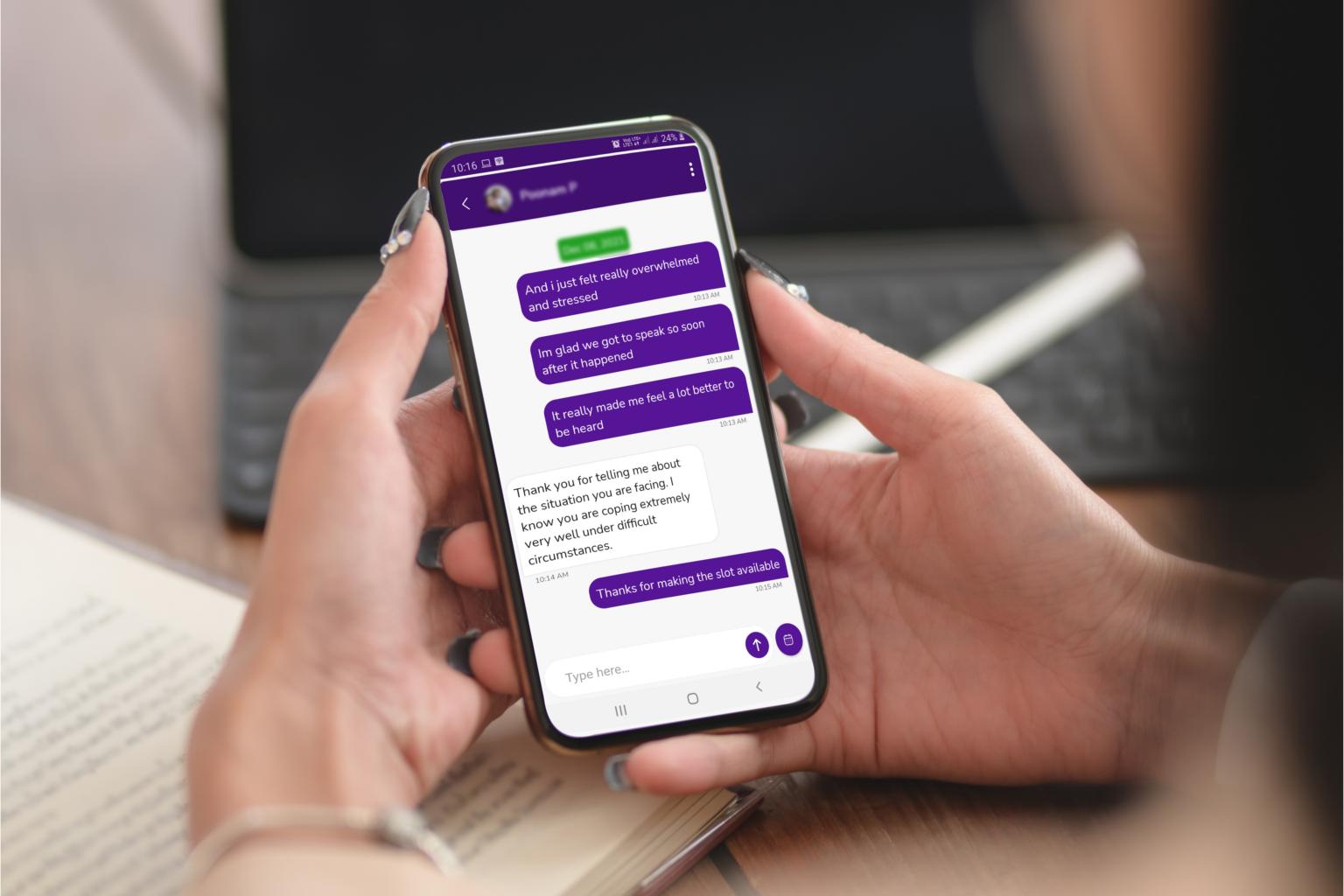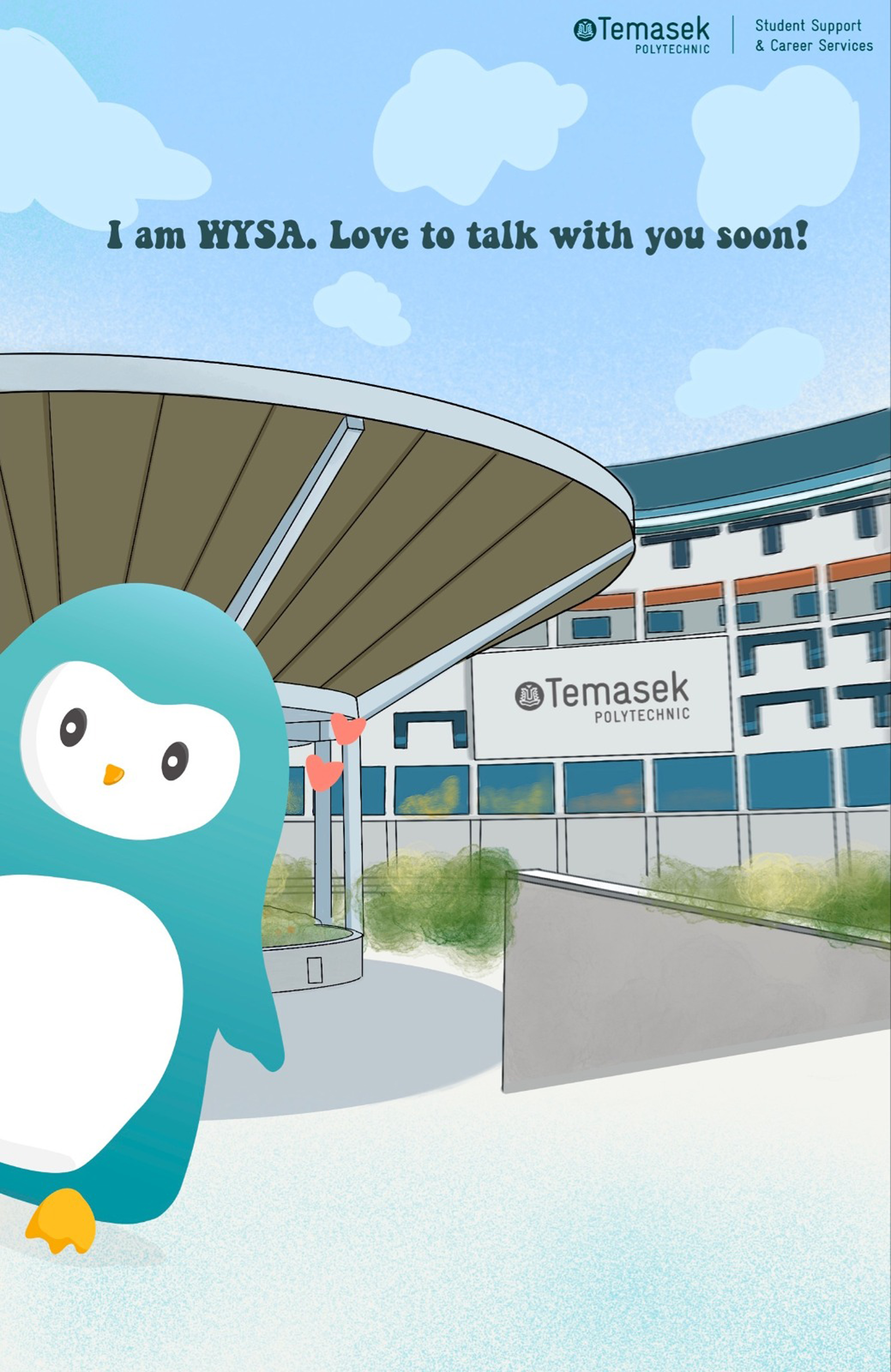The A-Zs that rocked 2021: Wellness and health apps
Sign up now: Get ST's newsletters delivered to your inbox

Wellness app LaViCa offers local users one-on-one counselling with professional therapists via text, audio or video messaging.
PHOTO: LAVICA
Follow topic:
SINGAPORE - As the pandemic dragged into its second year, socially distanced Singaporeans sought tech solutions to improve their mental health and well-being - and tech developers responded.
Worldwide, mental health and wellness weighed on people's minds. Google searches for ways to maintain mental health, and for positive affirmations - such as "I am worthy and I am loved" - reached an all-time high among English-speaking countries, according to the search engine's 2021 trends report.
Netflix and meditation app Headspace partnered to offer video guides on meditation, sleeping and relaxation via the streaming platform this year.
Amid the global focus on well- being, Singapore stood out as the world's most exhausted country, according to British bedding manufacturer Sleepseeker's research, released in July.
The rankings in the study were derived from comparing sleep times; time spent on the Internet; working hours and searches for sleep-related matters.
Responding to the deep need here for rest and restoration, more apps and tech platforms came online to connect users to human therapists or AI counsellors, or to offer guided meditation and relaxation workshops. Employers signed on for tech platforms to support their employees. Others piloted their own programmes with developers.
Intellect, a Singapore-based mental health app, was adopted by delivery platform foodpanda to provide support to employees (and in November, to delivery riders).
MindFi, a wellness and mental health app started by Singaporean entrepreneur Bjorn Lee in 2017, this year secured US$750,000 in funding from angel investors to help with product development and localisation in Asian markets. MindFi currently serves more than 30 corporate clients and is rolling out support in different Asian languages, including Malay.
Mr Lee says: "I wanted to change how mental health was perceived, starting with Asia because of the stigma there around mental health issues."
Developers and users say apps and tech solutions for mental health are perfect for Singapore, where there is still shame around seeking help.
Apps provide anonymity, but employers can customise the data gathered for insights to improve human resource management.
The Government's Web app mindline.sg, set up last year, was augmented in October with a work version. This new resource was developed to help public officers with workplace stressors and is accessible to the general workforce.
It was developed by the Ministry of Health's MOH Office for Healthcare Transformation and the Public Service, which is Singapore's largest employer. The mindline at work Web app includes a clinically validated well-being self-assessment tool and an emotionally intelligent chatbot, Wysa.

Texting with Wysa leads users to receive suggested stress management solutions, such as doing guided deep breathing.
LaViCa, launched in Singapore in October, offers local users one-on-one counselling with professional therapists here via text, audio or video messaging. The app currently has a few hundred users, says Ms Lauren Wan, head of client experience.
She adds: "We knew there is a need for affordable, private mental health support, particularly support that allows those in need to have control over when, where and how they access counselling, especially for those who choose to remain anonymous or to keep their counselling private."
Correction note: This story has been updated to reflect that foodpanda delivery riders have access to the Intellect app.

